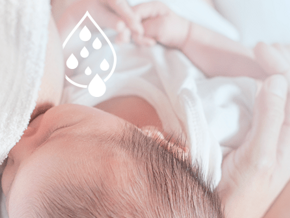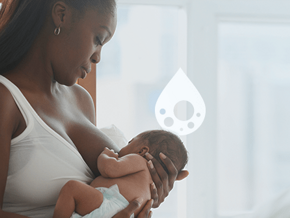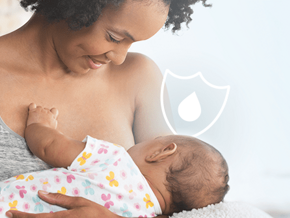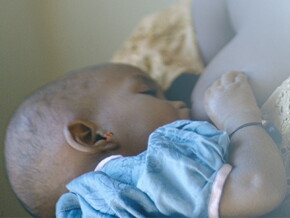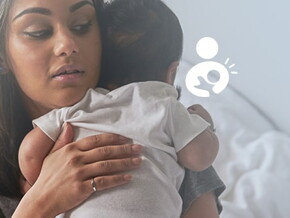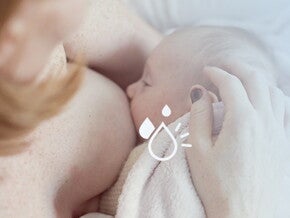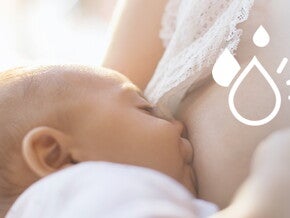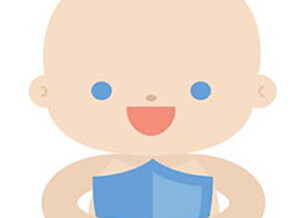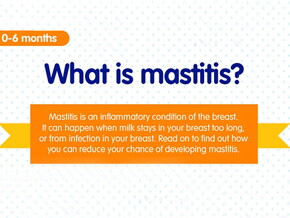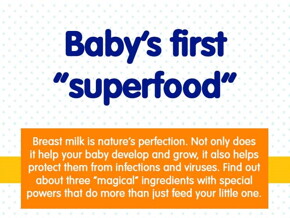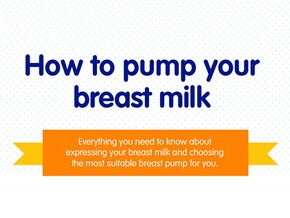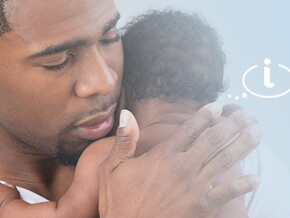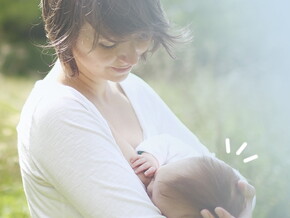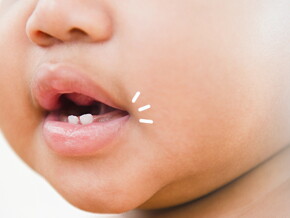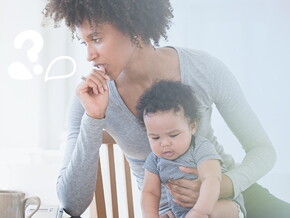
All babies instinctively know when they’re hungry and when they’re full. And while in the early days you may miss a few tell-tale signs that they’re ready to start or stop eating, it won’t take long for you to easily recognize their cues.
Will my newborn baby cry when they’re hungry?
It’s generally assumed that crying in newborns is a sign of hunger. If they are hungry and have already started crying then this may be a late cue. They were probably giving you the signs that that were hungry before this stage. If you wait until they are crying, it can be harder to calm them down enough to latch on and breastfeed effectively.
Instead, look out for earlier cues that your newborn baby is hungry. These include:
- rapidly moving eyes when they are initially calm and alert
- eagerly sucking on their hands
- rooting by turning their head and opening their mouth
- smacking their lips
If you don’t respond to these hunger cues, it is likely they will begin to fuss and then cry.
Signs of fullness in very young babies include:
- a lack of interest in further feeding
- when they take a burping break, they may not want to return to feeding
- they may become calm and relaxed, and often fall asleep
Babies cry for a variety of reasons
As you and your baby spend time together, you will learn their hunger and fullness cues and know the difference between their hunger cries and when they may simply be overtired or need a diaper change.
If your baby is not showing signs of hunger, feeding is not the best first approach to soothe them. Try other calming and soothing approaches such as holding, rocking, or singing to them. They will soon show you their signs of hunger, and then it’s time for feeding!
Some babies cry lots during the early weeks and can’t be comforted, either by feeding or soothing. If your baby is crying inconsolably for three hours a day for three or more days a week, it might be colic. Ask your healthcare provider for advice. There’s no need to stop breastfeeding if you think your baby has colic. You may want to consider a probiotic such as Lactobacillus reuteri, which has been proven to reduce symptoms of colic.
Trust their instincts (and yours)
Why is letting your baby lead the way so important? “If you feed your baby when he signals he is hungry, and stop when he shows signs of fullness, you are providing a prompt response to his needs and are encouraging his natural ability to sense his own hunger levels,” explains Dr. Lisa Fries, Ph.D., Behavioral Scientist at Nestlé Research Center in Switzerland. “This can help reduce the likelihood of his becoming over- or underweight because your baby is the one who decides how much he needs to eat. These early feeding behaviours are important, not just when he’s a baby, but throughout childhood too.”
Studies support for the importance of moms and babies developing good habits, early in a baby’s life. If babies are pressured to eat, it’s more likely they’ll be fussier eaters as they grow up. Just one more reason to start now to teach your tiny baby that you respect and attend to their hunger and fullness cues. You are teaching them healthy eating behaviours that can have long-lasting effects on their healthy growth and development!
What if their feeding habits suddenly change?
Your baby’s hunger adapts to their needs. So, while there may be times when your baby seems to be eating a lot more than usual, this could simply mean they’re having a growth spurt and need the extra fuel.
Source
Black MM, Aboud FE. Responsive feeding is embedded in a theoretical framework of responsive parenting J Nutr 2011; 141(3):490–4.
McNally J, Hugh-Jones S, Caton S et al. Communicating hunger and satiation in the first 2 years of life: a systematic review. Matern Child Nutr 2015; 12(2):205-28.
World Health Organization Infant and young child feeding for health professionals. 2009.



